
Doing homework is associated with change in students' personality
2 +1. That's a good question. When to use a -ing VP versus when to use an infinitival VP. And of course, there's always the question of whether or not there is any difference in meaning between them. :) - F.E. Jul 14, 2015 at 18:28 I come across "., Britney was too engrossed in her game to be listening to me with full attention." - Zhang
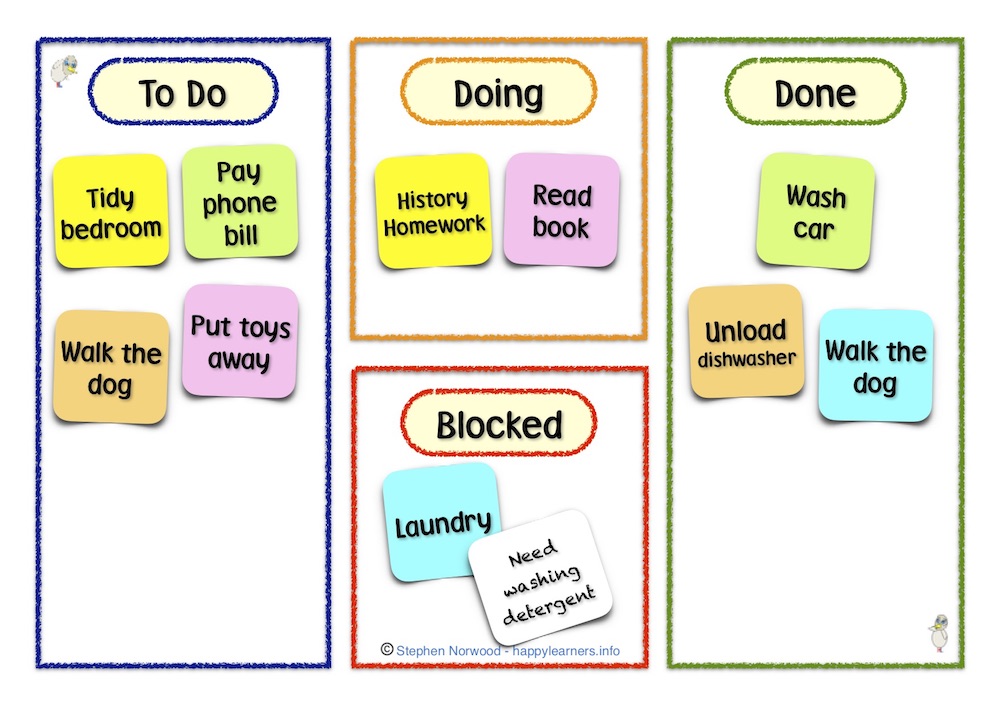
Do, Doing, Done
To Do, Doing, Done To Do, Doing, Done by JD To Do, Doing, Done is one of my favorite way to segment a Kanban board. A Kanban board is simply a tool to help you visualize, organize, and complete your tasks. Here is a very simple example: Splitting your work into To Do, Doing, and Done is simple and intuitive.

Do, Does, Did, Doing, Done English 5 Menit
Gerund or infinitive - do, to do, doing Exercise 1 Choose the correct gerund or infinitive form to complete the sentences below. 1 Sometimes nothing is more productive than doing something. 2 He's the best at puzzles. 3 He is too upset right now. 4 We used by the fire on cold winter nights. 5 We are looking forward to you soon.

How You Doing How to Use the Popular Phrase "How You Doing" Correctly? • 7ESL
(To) do is an irregular verb that can function as a main or auxiliary verb. Its forms are do, did, done, doing, and does. Do Away With Confusion Surrounding This Verb To do is an irregular verb. It has five forms and can function as a main verb or auxiliary verb. Do keep reading if you'd like to learn more about this versatile verb.
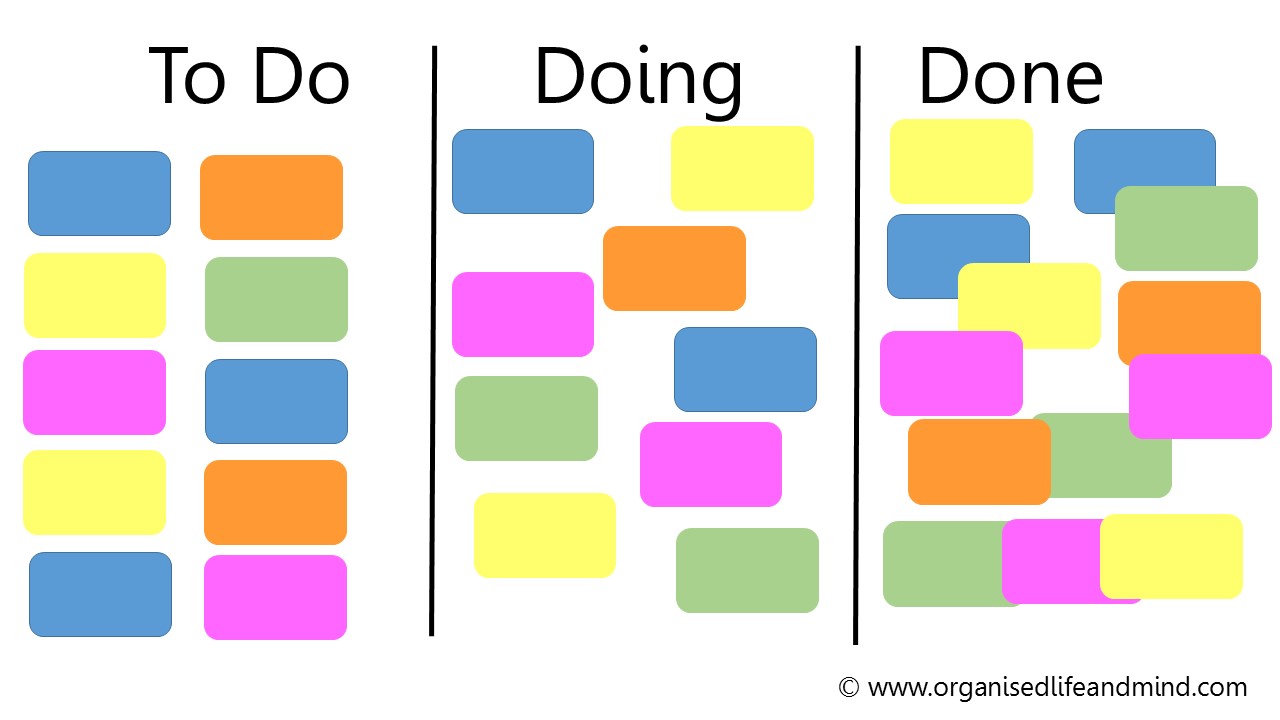
National procrastination week I procrastinated... Organised Life and Mind
#1 Please have a look: 1. His greatest achievement is getting engaged to his girlfriend. 2. His greatest achievement is to get engaged to his girlfriend. Which way is correct and why? I am totally confusing about this. Thanks in advance. E Elwintee Senior Member London England England English Oct 20, 2008 #2 lawrence_music said: Please have a look:

To Do Doing Done Book by G. Lynne Snead, Joyce Wycoff Official Publisher Page Simon & Schuster
Remember + - ing and forget + - ing refer to having (or not having) a memory of something in the past. I remember watching this film before. I'll never forget meeting you for the first time in this café. Remember + to + infinitive and forget + to + infinitive refer to recalling (or not recalling) that there is something we need to do before we.

7,159 To Do Doing Done Images, Stock Photos & Vectors Shutterstock
English Grammar, Feeds Ready to do something VS ready to be doing something. The main difference between to do and to be doing is the amount of time a person will spend with the action. To do is a present simple construction, whereas to be doing is a present continuous.

To Do Doing Done A Creative Approach to Managing Projects and Effectively Finishing What
The problem is thinking of to doing as being a unit. To and doing are just two words that might come together accidentally, whereas to do is a unit, a constituent, an infinitive verb with an infinitive complementizer to - John Lawler May 11, 2014 at 3:14
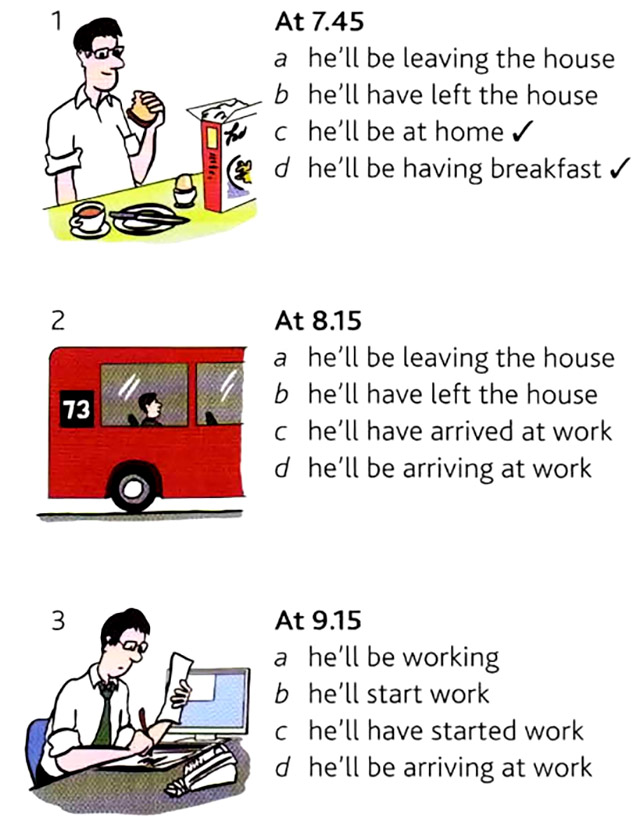
English Grammar Exercises Will be doing and will have done English Practice Online
Tags: Popular, Medium commitment, Task management, Prioritization Some tasks are one-and-done: washing the dishes, sending an email, going for a walk. Others require more planning and coordination: tracking your sales pipeline, managing a team project, looking for a new job.

redose Blog
Remember to do, remember doing, forget to do, forget doing: remember and forget are English verbs that can be followed both by a verb ending in -ing (a gerund) or by the infinitive form of the verb. However, there is a difference in meaning and that difference is connected with time.. Here is how to make sure you understand the difference and use them properly:

What Are You Doing? , What Do You Do? (Jobs) Speaking Practice Learn English Mark Kulek
8-Minute Listen. Playlist. Download. Embed. How you approach or create your to-do list can make a big difference. Experts weigh in on how to write — and tackle — a to-do list to make it best.

What the dog doin? Imgflip
English To Do Infinitive: to do Gerund: doing Past participle: done Simple past: did Irregular forms Auxilliary verb Spelling change Use contractions Indicative Present I do you do he/she/it does we do they do you do Preterite Future I will do you will do he/she/it will do we will do they will do you will do Perfect Present Past I had done
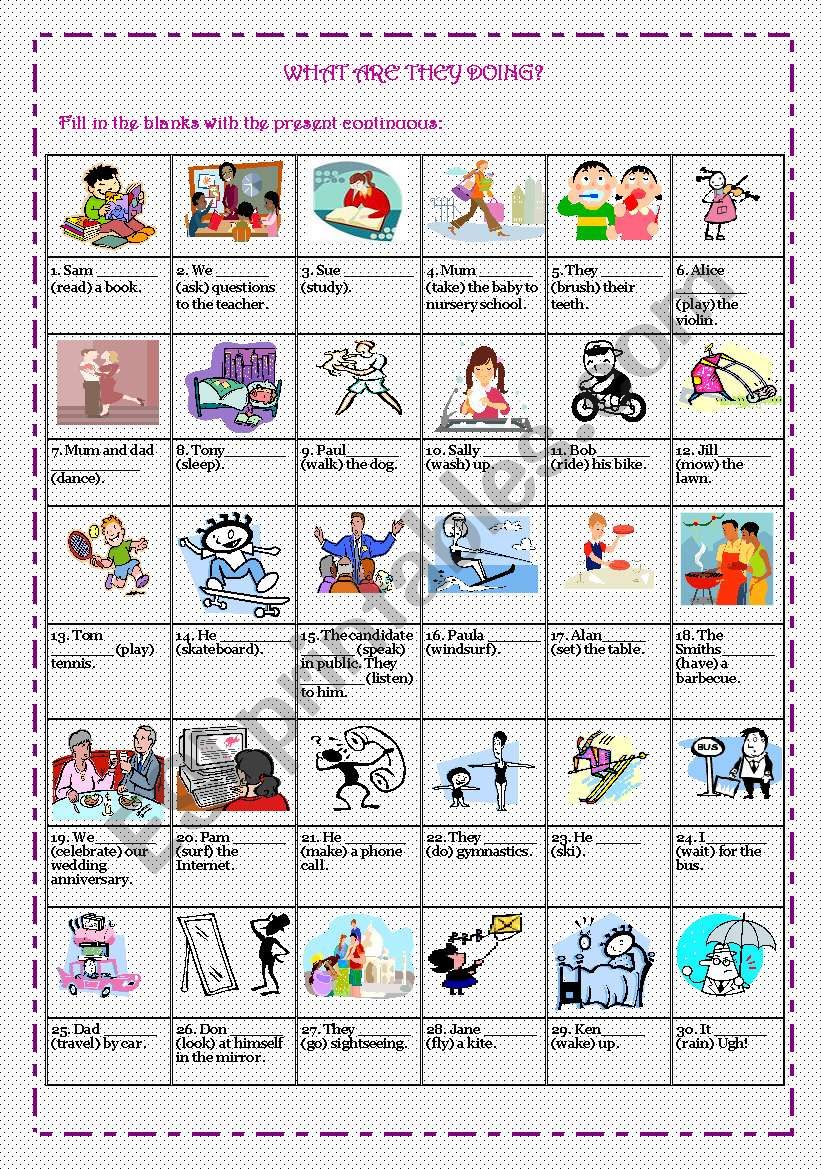
WHAT ARE THEY DOING? ESL worksheet by dinglesazara
Firstly, "Start to Do" is used when you are beginning to do something. For example, "I am going to start to clean the kitchen.". On the other hand, "Doing" is used when you are already in the process of doing something. For example, "I am doing my homework right now.". When deciding which to use, consider the context and timing.

Boy Doing Homework Photograph by Mauro Fermariello/science Photo Library Fine Art America
It is also used to stand in for another verb to avoid repetition. The verb do is irregular. It has five different forms: do, does, doing, did, done.The base form of the verb is do.The past simple form, did, is the same throughout.The present participle is doing.The past participle is done.. The present simple tense do and the past simple tense did can be used as an auxiliary verb.
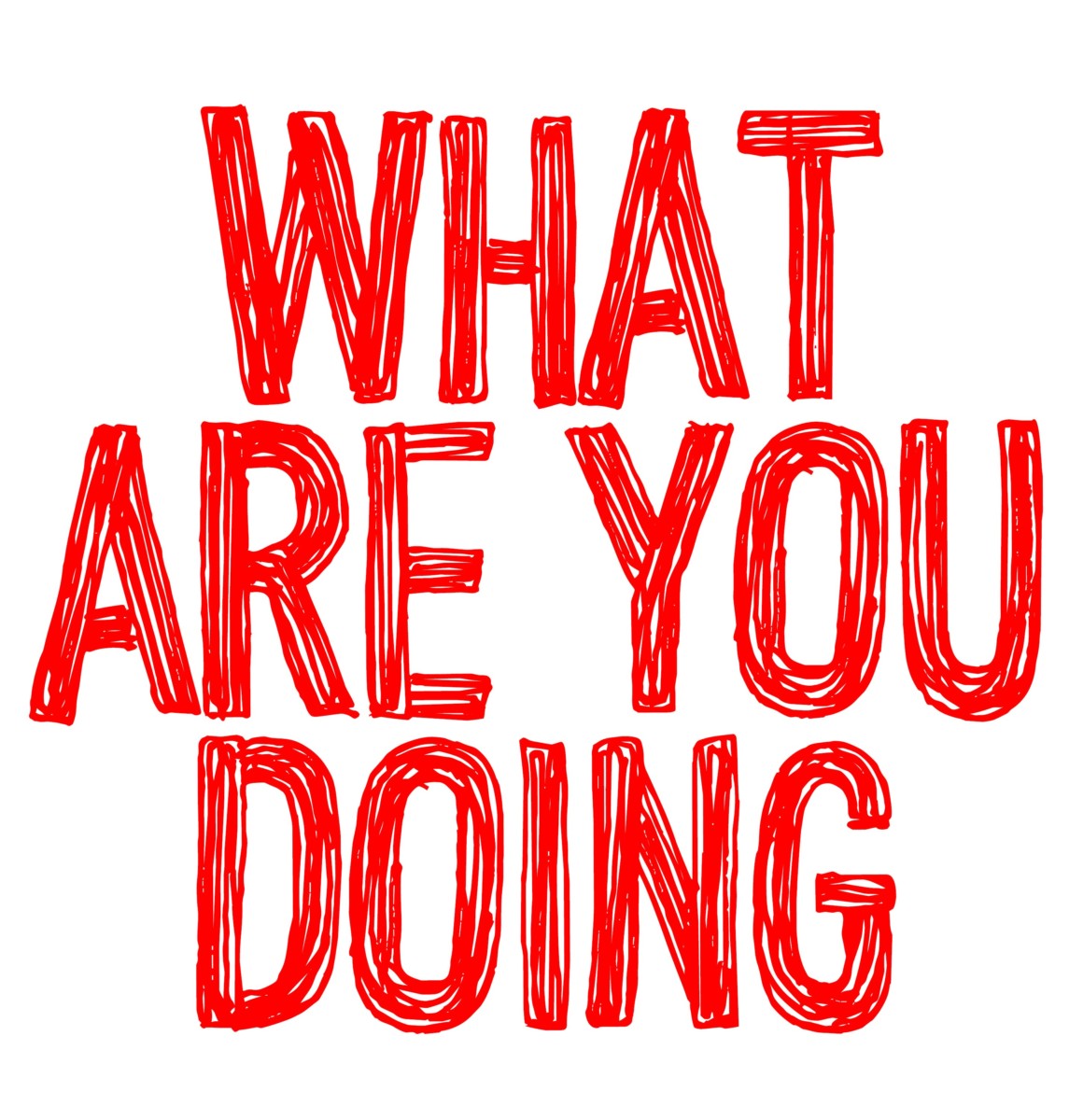
What Are You Doing Today? Family Minister Riverchase Church of Christ
Do - English Grammar Today - a reference to written and spoken English grammar and usage - Cambridge Dictionary
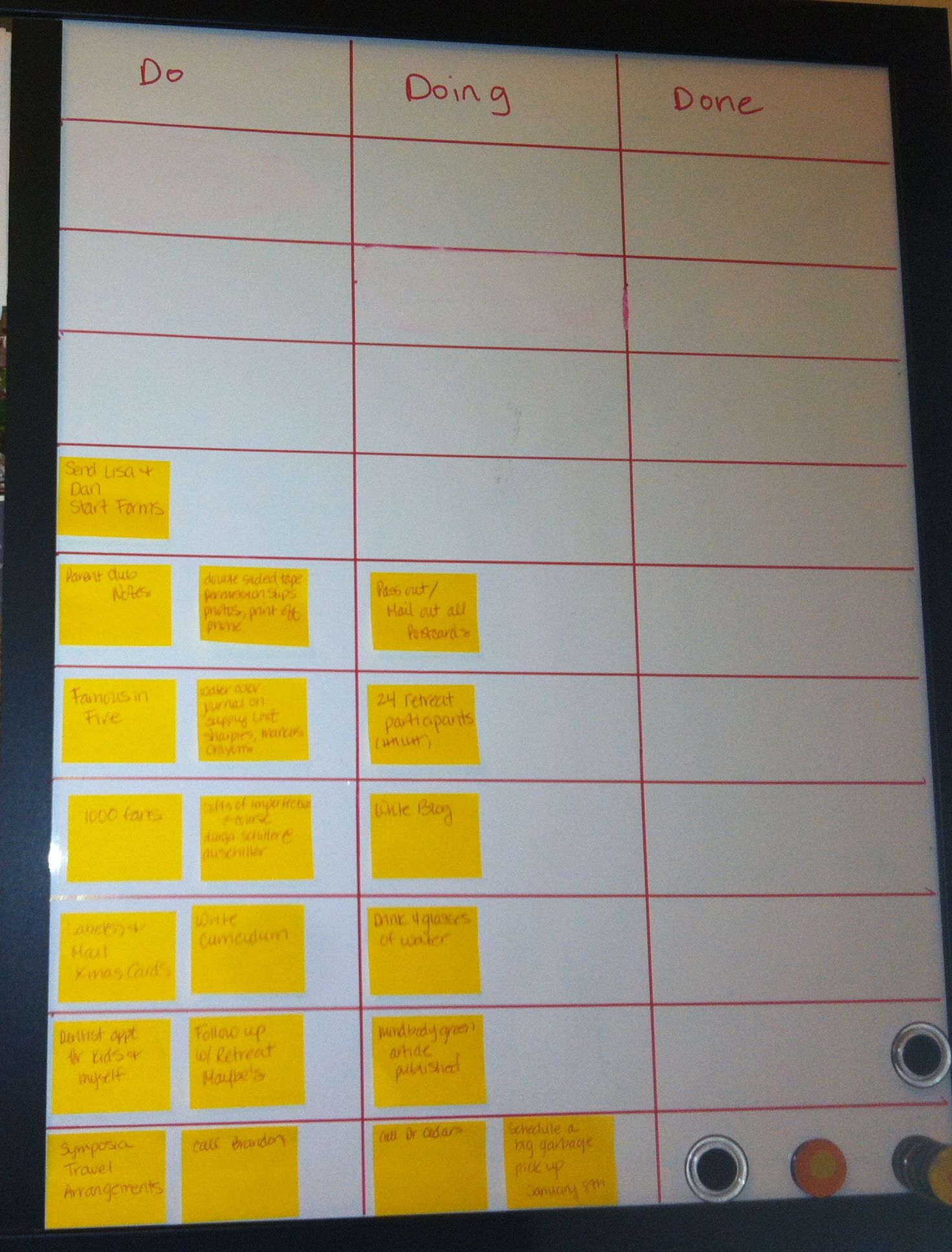
The Do, Doing, Done Board Accountability Works
#1 In English, some verbs can only be followed by doing, whereas some other verbs can be followed by either to do or doing. And very often, verbs with to do and doing can have different meanings. It is complicated and difficult to summarise a rule. So is there any technique for you guys to memorize it? for example, learn to do and learn doing. C